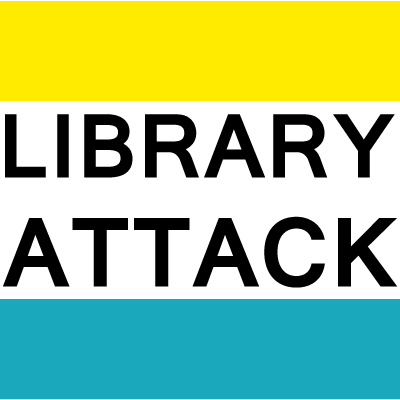
flickr photo shared by BioDivLibrary under a Creative Commons ( BY ) license
MPOW is going through some major changes this year – the library director retired this month, the institute has a new strategic plan, and I’m trying to figure out what the future holds for the library. It’s exciting but also a bit daunting because of the regular “why do we have a library?” questions, which are usually followed up with a, “isn’t that what Google is for?”
So with that on my mind, the recent post by the regularly insightful Sarah Glassmeyer entitled, “The Tech-Washing of Information Access” really hit home. My reaction was a raised fist in solidarity and a “duh”, but of course I deal with this issue daily. She describes the situation where technologists discuss solving information access issues, and yet not a single librarian is involved in the conversation. She ends with this:
I worry that grant monies and other capital (human and otherwise) is going into projects and schemes that may not go the distance needed when looking at information access and preservation issues. Fail fast and fail often is great, but not when institutions that have been around for hundreds of years are pushed out of the space and then, after failure, an information desert is left in the place where a library once stood. Yes, libraries should change to meet modern needs of information consumers, but how can that happen when we’re continually left out of the conversations that dictate what the important needs of the future are?
The way things are funded on a grant or project basis, long term access is hard to account for. The assumption is that somebody, either a vendor or non-profit, will maintain it. Good luck with that. When the project is no longer deemed profitable, valuable, or necessary, it will disappear. (RIP Google Reader!) Libraries and librarians have been in the business of figuring out how to maintain collections of things for the long-term as the world around us changes – keeping things going between the grants and funding cycles. We need to consider that just because the funding runs out or the topic is not longer in vogue, the utility of the information doesn’t disappear. Librarians, we need to be shouting this and getting it into the conversation. There are several technology folk out there who get it, and know they need to keep us in the loop. Unfortunately now with the ease of digital collections, lots of people think they get preservation and access from a library angle. It’s great until their attention moves on to something else, and we’re left with a gaping hole.
So that’s part of my explanation of why we still need a library. Of course funding is the other critical issue. If you know how to make “long term, reliable access and discovery” sound exciting, let me know!
Which then leads me to a tweet I saw this morning:
I hope an archivist sends in a proposal for the erasure of archival labor from a lot of digital humanities projects https://t.co/XlXIObNoWn
— Eira Tansey (@eiratansey) January 29, 2016
People love gushing over cool, old collections of stuff that have been saved, preserved, and digitized by libraries and archives. Take that cool shark painting I’m using for this post that was uploaded to Flickr by the Biodiversity Heritage Library. I’m happy they had the funding and support to do that. I am not happy that a lot of cool projects that leverage these efforts gloss over the work of libraries and archives. Ignoring or minimizing their contributions jeopardize their existence. In some ways it’s comforting to see that digital humanities are as bad at is as the sciences, but really it needs to stop.

Leave a Reply